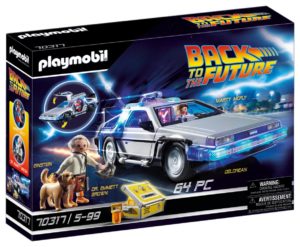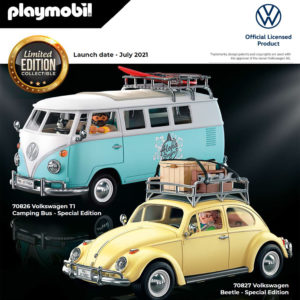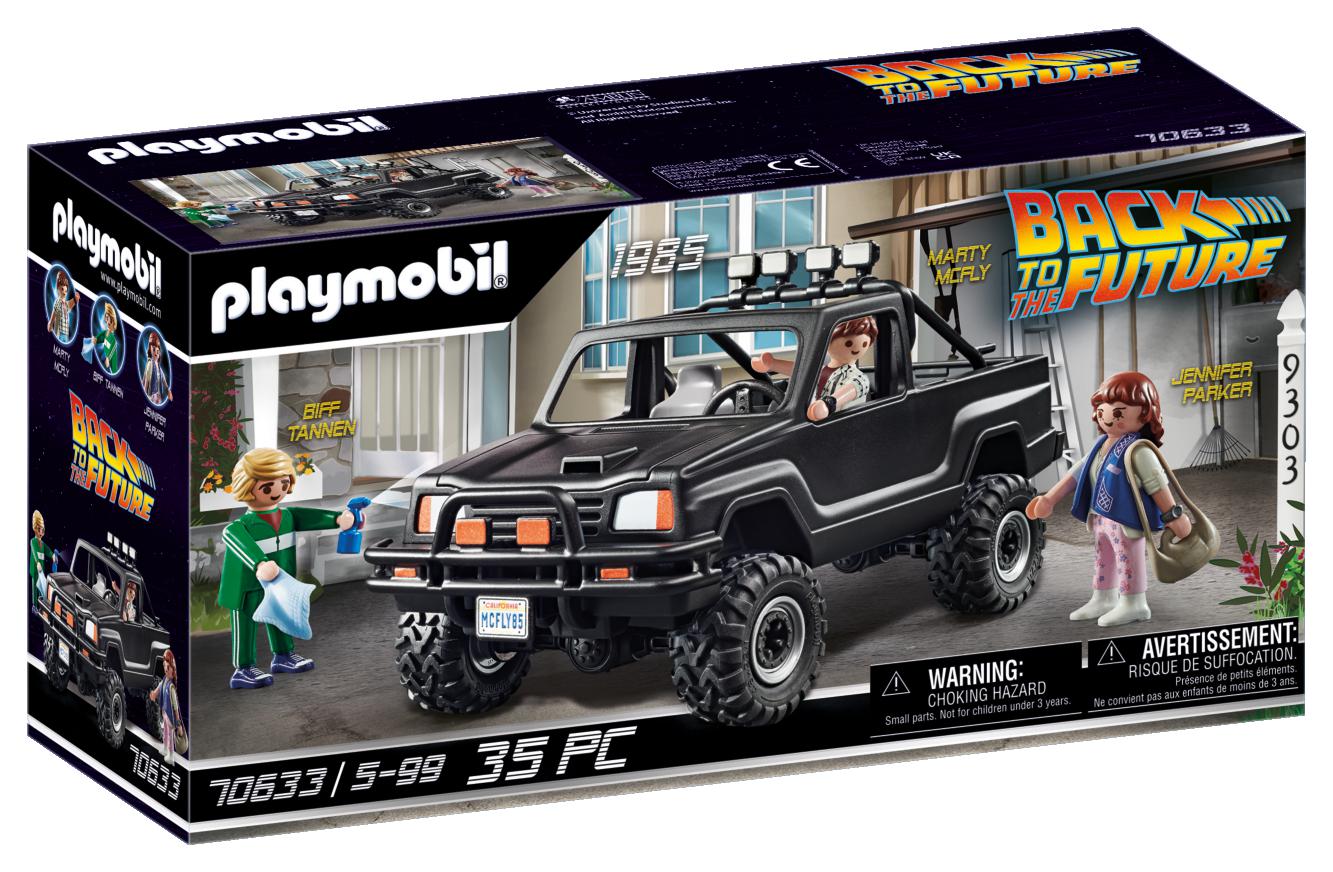The music merchandise specialist, Rocksax, has undergone somewhat of a transformation over the course of the pandemic. Nothing quite as drastic as a full-blown Jefferson Airplane to Starship transition, but noteworthy all the same.
Click through to the Rocksax online platform and you’ll be met with an engaging product showcase that spans its collection of music artist and band-branded bags, accessories, and bar stools. It’s been the company’s lockdown mission to build its digital presence, and it’s an effort that has paid off.
This time last year, outside of its retail and distribution business – the primary source of business for Rocksax still to this day – this was an outfit that was bringing in around £1 a day via its consumer-facing online operation. Today, Rocksax is doing between £1 and £2 a minute on the platform, selling luggage, backpacks, and vinyl carriers featuring artists and band artwork that spans the genres.
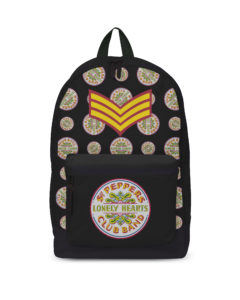
Within the Rocksax portfolio sits every artist to have made a mark on the music merchandise space, from legacy acts such as Black Sabbath and Pink Floyd, to contemporary artists like Billie Eilish. Then there’s the wealth of talent that sits in between; whether you’re into your Madchester sounds of Oasis or your Bowie image, or perhaps, even, the artwork of legacy record labels, like Blue Note or Motown.
Surprisingly, despite the gig and touring industry being ‘decimated’ by the pandemic, the music merchandise sector is going steady. Whether it’s music fans choosing to place their support of musicians elsewhere this past year, or simply that consumers have had time to re-engage with their music collections, and therefore their fandom, it’s for the likes of Rocksax, that business has actually grown.
But then again, music consumption hasn’t abated, but steamed ahead, and today, Rocksax’s license line-up is as varied as the modern day music lover’s Spotify playlist. If eclecticism defines today’s consumer – whether they are pop culture fans, gamers, or music-lovers – and fuels today’s streaming culture, then Rocksax is having fun tapping into the opportunities that come along with that.
What you won’t find among the company’s long list of licences, mind you, is Ed Sheeran. No matter how many Glastonburys he does.
“He just doesn’t resonate with consumers in terms of merch,” laughs Ian Hopkins, investor and business development manager at Rocksax. “Likewise, not many people walk around with an Adele t-shirt. Not every artist appeals to merch, there has to be a certain style, and a catalogue of artwork.”
With a more than 20 year career spent enveloped in the music merch scene, whether heading up new business at Virgin or in his role as the founding director of Pulp, it’s fair to say that Hopkins has an eye – and an ear – for what works. Currently, what’s working for Rocksax is its portfolio of bags, and with Hopkins and his business partner now in control of the young start-up, it’s where the focus will remain for the company.
“What’s exciting and what we are having fun with is tapping into how eclectic consumers’ music tastes are these days,” Hopkins tells Licensing.biz. “The digitisation of music is a lot of things, but it has definitely given music fans a bigger field.
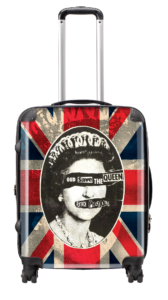 “When I was growing up, you didn’t buy vinyl or products from anything other than the genre you were into. If you were a mod or a rocker, you were stuck in one genre because you could only buy one single or one album a month, because of the money,” Ian Hopkins, investor and business development management at Rocksax, tells Licensing.biz.
“When I was growing up, you didn’t buy vinyl or products from anything other than the genre you were into. If you were a mod or a rocker, you were stuck in one genre because you could only buy one single or one album a month, because of the money,” Ian Hopkins, investor and business development management at Rocksax, tells Licensing.biz.
“But now, because of Spotify, people are multi-genre, and when you look at their phones they have Metallica, Take That, Katy Perry… they listen to it all. And that’s brilliant, because it allows us so much to play with.”
As well, of course, music merchandising has become a new way for music fans to reconnect with their favourite artists. CDs are no longer the go-to purchase for engaging with music, therefore tactility with music is being sought through other means.
It’s certainly why the music licensing space has exploded over the last few years, with the likes of Bravado – Universal Music group’s own licensing division – spearheading innovative leaps forward in the business of licensing bands and artists.
Likewise, artists have begun creating their own brands, too. Hopkins gives the example of Kanye and his Pablo and Yeezy brands, but plenty others are in on the act, too. The physicality of music is being redefined in branding, and whether its a Motorhead cycling jersey from Milltag, or a Blink 182 backpack from Rocksax, it’s a vibrantly exciting space.
“The music merch business has moved around a bit since I have been involved in it about 20 years now,” says Hopkins. “Where it was traditionally touring merch and what was stocked in HMV or Vertical Tower, it’s moved into fast fashion in Primark, and beyond that with capsule collections going into Selfridges.
“You hear of hip hop artists opening pop-up stores now, and the numbers they are doing through them is phenomenal.”
Like any industry, the music merch space is about finding a point of difference. With Rocksax, that takes the form of its line-up of bags; a range that itself has undergone development and re-development at the hands of Hopkins’ investment that has elevated its quality and design as the firm looks to extend its retail distribution network beyond the HMVs and international outlets it currently works with.
“We want to get these to the likes of Urban Outfitters, and those other Gen Z retailers,” says Hopkins. “It’s why we’ve made a lot developments over this pandemic, revisited the design, moved factories, just elevated the business in general.
“We have opened up our own subsidiary in the US and we have set up two distributors in the US and one in Canada, it’s all been about spotting the opportunities in different markets as they arise.”
One such opportunity spotted was in the resurgence of the vinyl, a movement that breathed life into Rocksax’s own collection of vinyl carry bags – each of them making use of the artwork not of artists but of record labels themselves, tapping – suggests Hopkins – into the more musically educated market of the record collector.
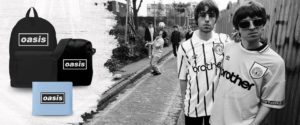
“We looked at the music market and no one was doing much with the old record label artwork, so we thought that, for the slightly more musically educated fan, maybe slightly older, we would develop this range of record label vinyl carriers that you can take your records around to your mates in,” he says.
“For us, it’s about discovering the trends within our primary focus. We could easily get distracted by other things – like gaming, for instance – but we don’t want that. For us, it is about bringing in genres into the bag business.”
Hip hop is a major focus for the team right now. It’s a tough pill to swallow, but the truth is, many of the genre-defining hip hop artists themselves are becoming legacy acts as the 30 year lag starts to come around again.
“It makes me feel ancient,” confesses Hopkins, “that this generation is now finding out about these artists and buying their merch. Dr Dre, Death Row Records, all of that stuff. What will come next – along with hip hop – will be grunge and the ‘80s/’90s grunge, Nirvana and the beginning of Foo Fighters, which will all start feeding in over the next few years.”
One to keep his ear close to his own Spotify in order to tap into the music trends, Hopkins is aware of the need to remain current. The youth of the Rocksax team helps keep the firm on trend, while the closeness with which Hopkings works with licensors goes the distance to help the business stay tuned in.
And the modern scene isn’t all about the music that consumers are engaging with, but the means through which they get their merchandise, too. It’s why the print on demand sector has become one of particular interest to Hopkins over recent months, so much so, that Rocksax is in the early stage talks with print on demand services to bolt onto its own platform.
“We are working with one of the big printers to create a bag that you can out into a printer and it will print out in two or three minutes,” he says. “That’s something we can then create – a load of bags, bring it over from China, and have them here as blanks for people to print what they want, when they want.
“The potential for print on demand in the music merch business, as well as wider licensing, is huge. It’s quite interesting in music merch because you always see the same three designs for a band, who may actually have a library of art work from their albums etc. There’s a long tail which is never seen.
“Put that in front of the consumer, let them choose, and you’ll find some odd winners that a buyer wouldn’t have thought of. Print on demand is putting the power back in the hands of the consumer, and I think that’s a great thing, because the buyer doesn’t always make the right choices.”






